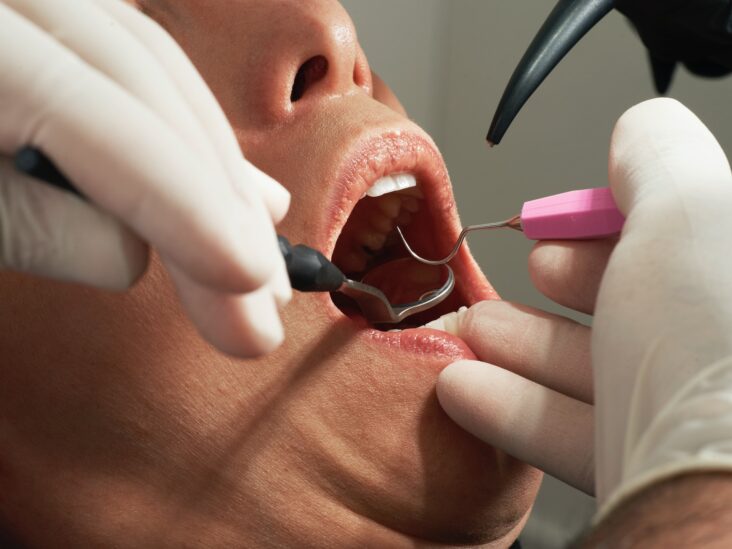When you have a cavity in your tooth, your dentist may recommend a dental filling to repair the damage. It is a common procedure and can help protect your tooth from further decay. However, you may wonder how long you can expect your dental filling to last. In this article, we’ll explore the lifespan of dental fillings and what factors can affect their durability.
The Lifespan of Dental Fillings
The lifespan of dental fillings can vary depending on several factors. On average, a dental filling can last between 5 to 15 years. However, some fillings can last for decades if they are well-maintained and cared for properly.
Factors Affecting the Durability of Fillings
1. The Material Used: The type of material used for your filling can determine its lifespan. Amalgam fillings, which are made of a mixture of metals, can last up to 15 years or more. Composite ones, which are made of a mixture of plastic and glass, usually last between 5 to 7 years.
2. Size and Location of the Cavity: The size and location of the cavity can also affect how long your fillings last. If the cavity is large, it may weaken the tooth structure and make it more prone to damage. A fill in a molar tooth, which is used for chewing, may also wear down more quickly than one in a front tooth.
3. Oral Hygiene: Maintaining proper oral hygiene, like consistently brushing and flossing, can aid in preventing tooth decay and extending the life of your dental filling. Neglecting oral hygiene can lead to a buildup of bacteria around the filling, resulting in its faster deterioration.
4. Grinding and Clenching: If you grind or clench your teeth, it can put extra pressure on your fillings and cause them to wear down more quickly. If you have a teeth-grinding or clenching habit, your dentist might suggest using a mouthguard to safeguard them.
5. Diet: Your diet can also affect the lifespan of your dental fillings. Sugary and acidic foods can erode the filling material and make it more prone to damage.
Maintenance of Dental Fillings
It’s essential to maintain good oral hygiene practices to prolong the lifespan of your dental fillings. Brush your teeth twice a day with fluoride toothpaste and floss at least once a day to remove any food particles that can accumulate around your fillings.
You should also visit your dentist frequently for examinations and cleanings. In these appointments, your dentist can inspect your fillings for any signs of wear or damage and make any necessary repairs.
If you tend to grind or clench your teeth, your dentist might suggest using a mouthguard to safeguard your dental fillings. Additionally, you should refrain from biting on tough items like ice or hard sweets, as they can harm your fillings.
When to Replace Dental Fillings
Even with proper maintenance, dental fillings will eventually need to be replaced. Signs that you may need to replace them include:
1. Pain or Sensitivity: If you experience pain or sensitivity around your filling, it may be a sign that the filling has worn down or become damaged.
2. Cracks or Chips: If your filling has cracks or chips, it may no longer be protecting your tooth from decay.
3. Discoloration: If your filling has become discolored, it may be a sign of decay or damage.
4. Loose Filling: If your filling feels loose, it may have become dislodged and is no longer protecting your tooth.
If you experience any of these symptoms, it’s essential to visit your dentist as soon as possible. Your dentist can examine your filling and determine if it needs to be replaced.
Conclusion
Dental fillings can help protect your teeth from decay. It can last a long time depending on several factors, including the material used, size and location of the cavity, oral hygiene, grinding and clenching, and diet.
To prolong the lifespan of your filling, it’s essential to maintain good oral hygiene practices and get regular checkups and cleanings. If you experience any signs of wear or damage to your filling, it’s important to visit your dentist as soon as possible. Your dentist can examine your filling and determine if it needs to be replaced.
At Watertown Dentistry, we offer comprehensive dental services, including preventive dentistry, periodontal care, and endodontics. Our dentist in Watertown, MA, also provides cosmetic dentistry services such as ceramic bridge technology, porcelain crowns, veneers, and dentures. Schedule an appointment today.

